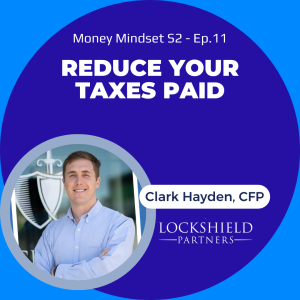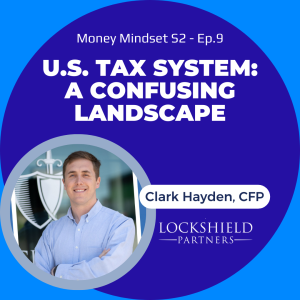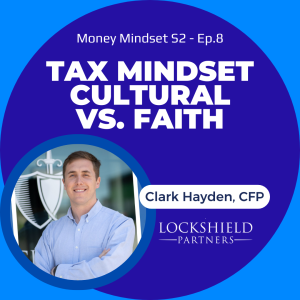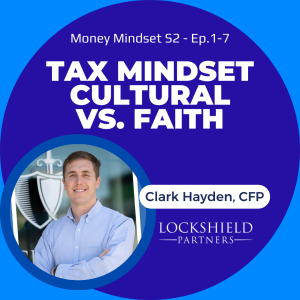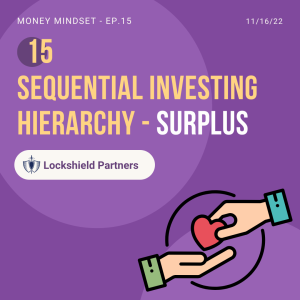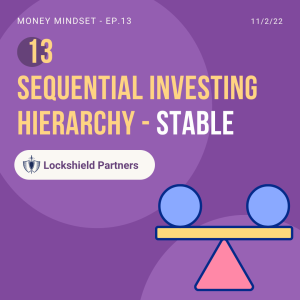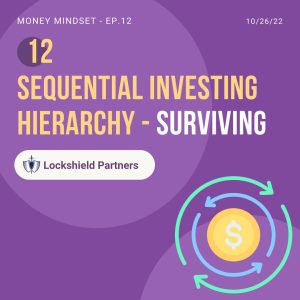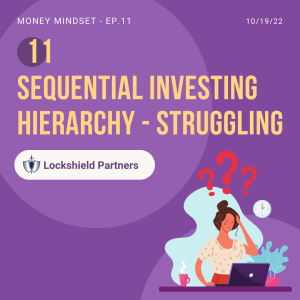Optimize Your Tax Refund
As a starting spot, it’s important to understand what it means to receive a tax refund. Receiving a tax refund simply means that a taxpayer paid in more tax throughout the year than they needed to. It is not necessarily a reflection of actually owing less in tax – it is simply a reflection of…
The US Tax System: A Confusing Landscape
Taxes are an inevitable part of life, and the US tax system is no exception. The taxes that we pay as American taxpayers are a complex and ever-evolving landscape that can be confusing to navigate. With so many different types of taxes, rates, deductions, and credits, it can be difficult to understand the ins and…
Tax Mindset – Cultural vs Faith
Our societal view of taxes is negative to say the least. Who wants to pay more in taxes? At the same time, it’s important that we take a step back and understand what it means when we pay taxes. Income taxes are symptomatic of God’s provision. When tax filing season comes around, we can use…
A Breakdown of Secure Act 2.0
SECURE 2.0 makes it easier to save for retirement, easier to preserve savings in retirement, and easier for businesses to provide retirement benefits. While there was normal debate about individual provisions, SECURE and SECURE 2.0 were both jointly sponsored by Democrats and Republicans and had broad bipartisan support. Here are highlights of some of the…
Sequential Investing Hierarchy – Surplus
Now that a savings plan has been established for long-term goals, the next phase of the hierarchy is “surplus.” This phase includes experienced, active risk taking and major charitable giving. When entering this phase, it’s important to revisit the concept of the “financial finish line.” We want to revisit the question of “How much is…
Sequential Investing Hierarchy – Secure
The next foundational step is “secure.” This step comes after households have started saving for major, short-term purchases and worked this amount into their monthly cash flow plan. Once this has been achieved, it’s time to start attacking long-term goals. These are big-ticket items such as retirement, college, or major lifestyle changes down the road.…
Sequential Investing Hierarchy – Stable
After establishing an emergency fund and implementing the proper insurance policies, the “stable” step comes along. Households begin to feel more comfortable because they have liquidity in the bank, proper insurance in place to protect against calamity, and don’t feel slave to consumer debt any longer. Just as importantly, there is a feeling of confidence…
Sequential Investing Hierarchy – Surviving
The next foundational step is “surviving.” As a reminder, this step comes after all short-term, high-interest debt has been eliminated and a spending plan has been established. Now that there is more cash flow available (because some debt payments have been eliminated), households have the opportunity to add on to the foundation. The “surviving” stage…
Sequential Investing Hierarchy – Struggling
Over the next several weeks, we are going to go through the basic steps of what building a solid foundation looks like. The Kingdom Advisors organization likes to refer to this as the “sequential investing hierarchy.” These terms refer not only to what a household’s situation looks like financially, but it also pertains to how…

